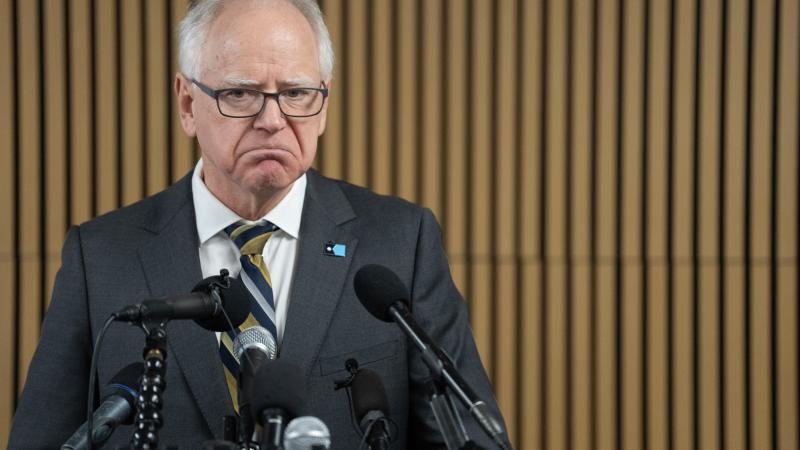Appeals court halts voting rights restoration for North Carolina felons
A North Carolina law that bars former felons from voting will stay in place after an appeals court temporarily blocked a lower court's ruling that reversed the law.
A North Carolina law that bars former felons from voting will stay in place after an appeals court temporarily blocked a lower court's ruling that reversed the law.
The Wake County Superior Court ruled last month the state's 1973 law that blocked North Carolinians who have been released from prison and placed on parole or probation from voting was unconstitutional.
The Wake County court ruled the law violated the Equal Protection Clause and the Ban on Property Qualifications in the North Carolina Constitution. Plaintiffs and their lawyers argued a person's right to vote depended on their ability to pay debts associated with a previous felony conviction.
The North Carolina Court of Appeals blocked the lower court's ruling from going into effect Friday until the appeals case is heard. Attorneys for the General Assembly, defendants in the case, argued that North Carolina's Constitution states felons cannot vote unless the Legislature adopts a law to re-enfranchise them.
"The decision to block the lower court's ruling affirms that judges can't just replace laws they don't like with new ones," Sen. Warren Daniel, R-Burke, said in a statement.
Lawyers for the North Carolina NAACP, Community Success Initiative, Justice Served NC and Wash Away Unemployment said the Wake County ruling would have resulted in the state's largest expansion of voting rights since the Voting Rights Act of 1965. More than 50,000 North Carolina felons were slated to regain their voting rights.














